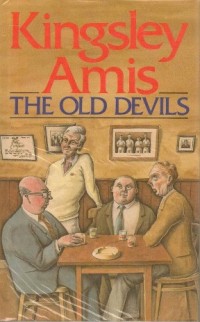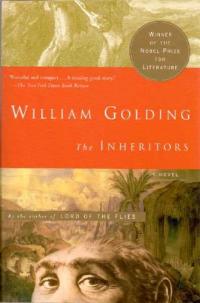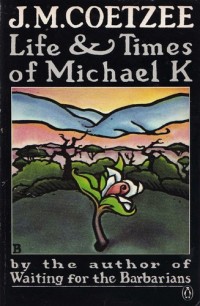The Old Devils by Kingsley Amis
 Wednesday, February 23, 2011 at 12:21AM
Wednesday, February 23, 2011 at 12:21AM 
First published in 1986, Winner of Mann Booker Prize 1986
It took some time, but the characters in The Old Devils--elderly friends in South Wales who spend most of their time discussing the condition of being Welsh--grew on me as I worked my way through the chapters. Amis is a master of dry wit. I'm sure I would have a deeper appreciation of the humor in The Old Devils if I knew more about Wales or the Welsh. Fortunately, Amis found a number of other targets for his wit that transcend nationality: lecherous old men, the women who encourage them, gossips, hypocrites, drinkers, academics and poets among them. He also teases wonderfully comic moments from malfunctioning bowels, adulterous desires, social posturing, road trips, and inebriation.
Most of the central characters in the ensemble cast have full and distinct personalities and unique sets of behaviors. Some of the personalities are quirky, some introspective. Most are repressed but some manage to experience and display emotions. Some are funny and some are a little sad and most are sometimes a little annoying--but who isn't? That seems to be one of the points Amis explicitly attempted to make. It took me awhile to start caring about these people but by the middle of the novel I was hooked on them. They became kind of like the relative you care about but don't want to visit very often. I give Amis props for making them so convincing.
This isn't a plot-driven novel. The story unfolds at a leisurely pace, following slow-moving people with aging minds and bodies. Other than a couple of big events, both near the end of the book, nothing much happens. I wouldn't call it plodding but I wouldn't say the writing is lively either. If you are in a mood to be patient, the characters and the fun Amis has with them make the novel worth reading.
RECOMMENDED



